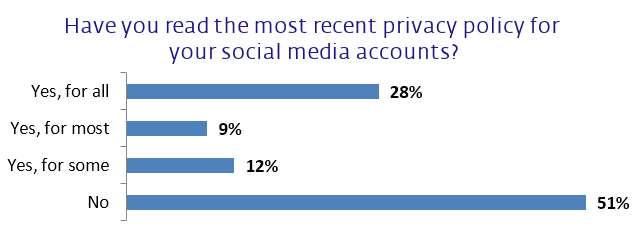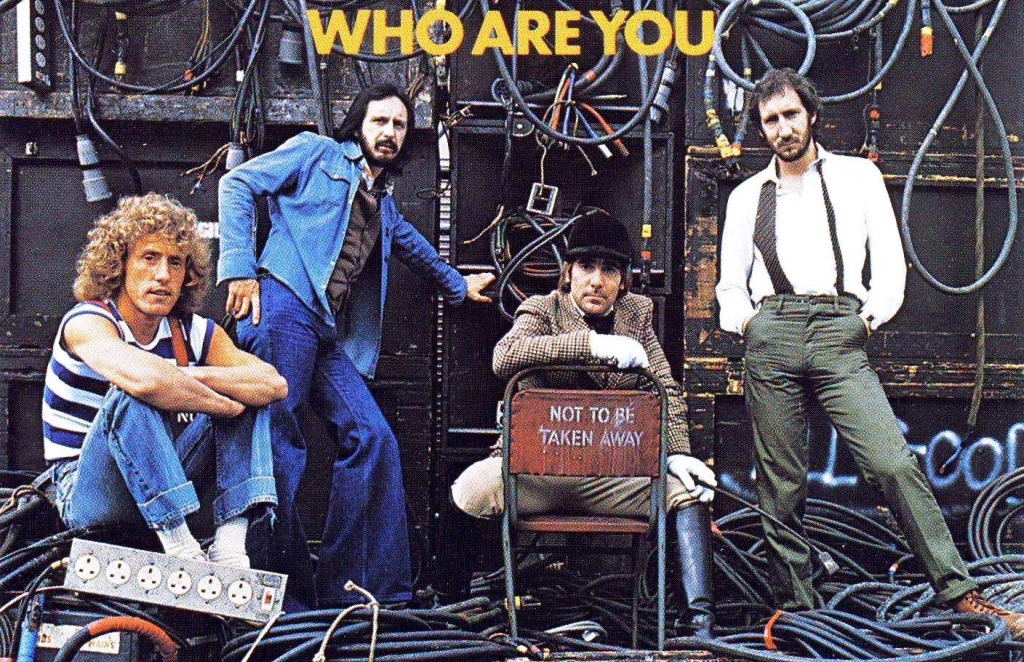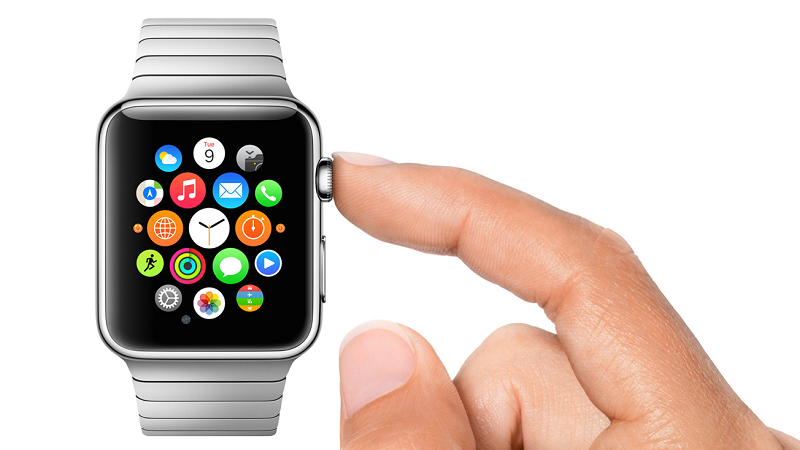Category Archives: Uncategorized
Title II incoming, maybe
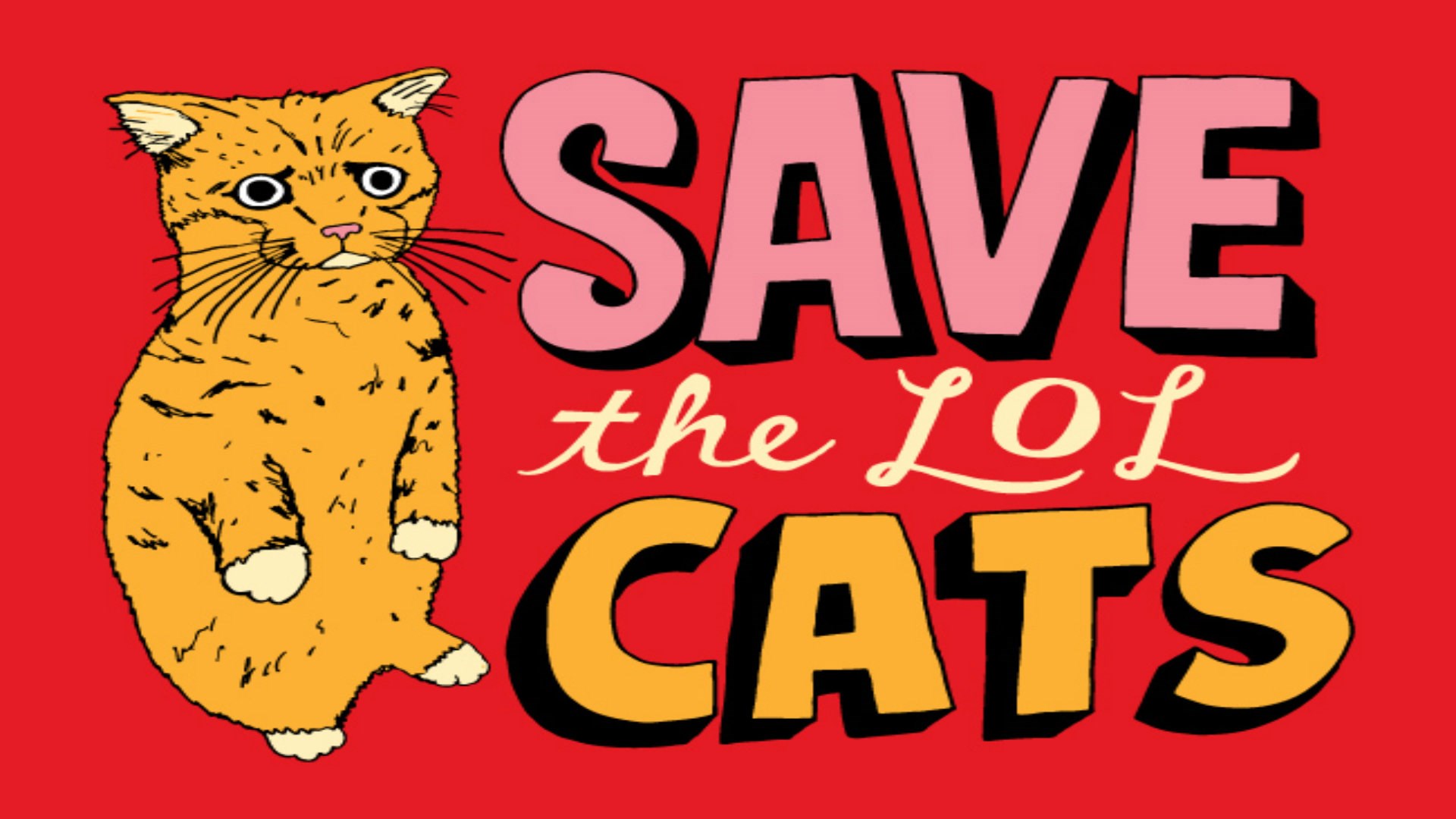
It appears that Tom Wheeler will indeed attempt to re-classify Internet service as a utility under Title II of the Telecommunications Act.
This is a world-changing event, however as some of you stated in your comment to my previous post on this, Title II may not be the best way of going about this. Utilities are regulated, but they are the only choice out there. Opponents of Title II classification make arguments that are much more compelling than those who outright oppose government intervention of any sort.
Bear in mind that one of my big hopes – the death of data caps – is not part of the proposal, nor is local loop unbundling, in which multiple providers could use the same physical line. Both of these concern me greatly: In my opinion, regulation with data caps will serve no purpose and would punish cord-cutters such as myself, who watch local news and other content via streaming, and I would burn through a data allotment in a single day. Without local-loop unbundling, where would the actual competition be? In fact, unbundling the last mile might be the only solution that’s really necessary, as a commenter in the linked article states.
Strange days, we’ll have to see how it all plays out. Either way, if this goes through in any form, it is likely to be world-changing, at least for us.
Important: Flash zero-day exploit uncovered
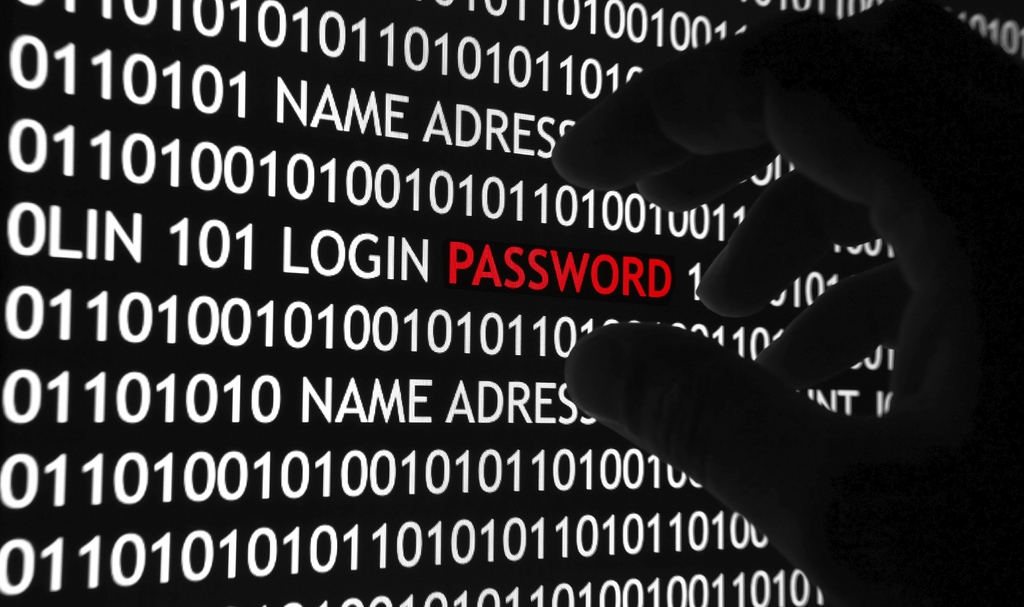
Although I usually try to avoid strong, one-sided opinions on these posts, I’m just going to come out and say it: I hate Flash. Hate it. It is now, and has always been, far more trouble than it’s worth, with it’s supposed benefits never coming close to outweighing the risks. If you’re not familiar with Flash, it’s what allows things like small browser games, some videos, but most of all banner advertisements, to run in webpages. They even try to get you to install another bad product, MacAfee AntiVirus, when you install Flash. Unbelievable. There are other technologies, such as Java, that do the same thing as Flash, but Flash is very lightweight. I won’t use the hyperbole that was used at the Register, but I completely agree with their take on it.
You know why it’s always showing you this dialog? Because there’s a recurring problem.
Go Tom Wheeler!

WARNING: This post is pop-culture heavy.
Did you by any chance read the (re)post I made recently about net neutrality and why it is so very, very important? Did you at least watch John Oliver’s video about it all? One of the huge complaints about it all is that Tom Wheeler, a former cable company lobbyist, was appointed as head of the FCC, the very commission whose task it is to oversee the regulation of the Internet and its providers. How could we ever hope to keep providers like Comcast and Verizon and Time-Warner Cable in check, preventing them from charging us higher prices for inferior service with him there? More importantly, how could we achieve Net Neutrality, in which all bits are treated equally, or especially Title II classification in which the Internet is considered a utility, like power or water and regulated as such, with a person like that in charge of it all?
It was only a matter of time

Do you have a pet? Is it chipped? We’ll talk about that technology in a few weeks, but the short version is it uses something called a Radio Frequency Identifier, or RFID. It’s a tiny chip that is inserted between the animal’s shoulders and contains all of its identifying information.
You’ve seen other types of RFID tags before; one of the common places they used to be is inside DVD cases and the tag would be a sticker that looked almost like a small CPU, as in the image below.
My review of The Imitation Game

Considering my fascination with the history of computing, it took me much longer to see this movie than I had expected. I suspect if you haven’t seen it by now you probably don’t plan on doing so, however I’m going to provide my first ever movie review for this site.
The Imitation Game is the story of Alan Turing, the brilliant British mathematician who is considered the father of computer science and was responsible for developing the Bombe, a gigantic machine whose sole purpose was to crack the Enigma code used by the Nazis in World War II.
The Enigma codes were generated anew on a daily basis using an Enigma machine, and although I hardly wish to credit the Nazis with anything, the concept was brilliant. By adjusting the codes daily, even if the day’s code was cracked, that knowledge would be useless the following day. It would require something quite advanced in order to break an ever changing code, especially in the 1940s.
Apple posts best quarter ever, for anyone
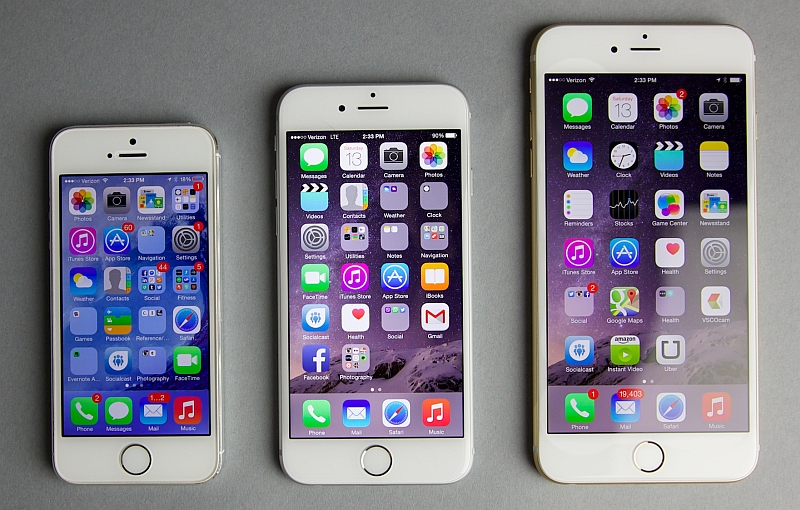
It turns out that Apple recorded it’s best sales quarter in company history in the fourth quarter of last year. They sold 74.5 million iPhones during that quarter, significantly more than the estimated 66 million that was estimated.
That’s a profit increase of 37% to $18 billion. According to CNet they sold 46 percent more iDevices than their record-setting device sales from this time last year, and as CNN Money points out, “That’s larger than Gazprom’s $16.2 billion profit during the first quarter of 2011 — the previous profit record posted by a corporation.”
That’s good news for Apple, setting the largest quarterly profit of any company ever, and with the iWatch shipping in April that could be an additional boon for the company. On the other hand, the iWatch starts at $350, and will require – from what I can tell – an iPhone to operate. That will either be good for them, tempting all those new iPhone owners to invest in the watch, or it could be a downside if it requires tethering to the iPhone.
Additionally, you want as many people as possible to become tied to your ecosystem, which is the associated services your platform ties in to; In Apple’s case it would be things like iCloud and iTunes, because that makes it more difficult to leave the phone and the platform, even if you want to. With all of those sales and the upcoming release of the iWatch, they’re well on their way.
This all puts Microsoft’s good news in perspective.
Sony begins to settle
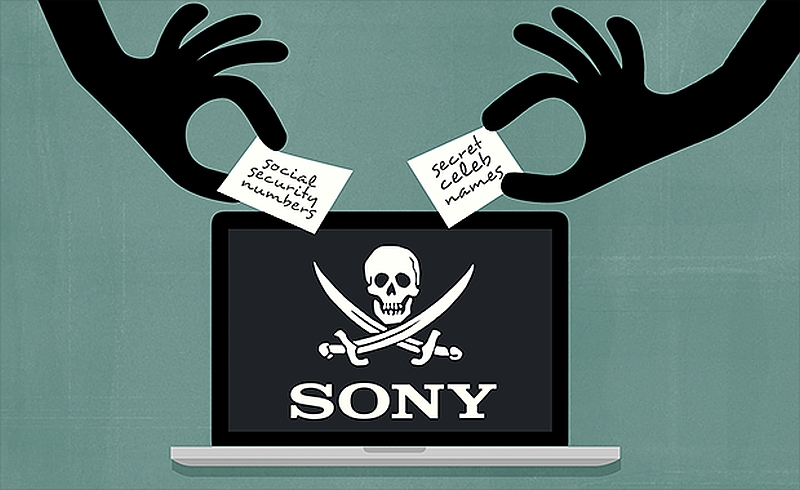
Remember that Sony hack that happened? And that other Sony hack? And that other one? Each time Sony gets hacked, it’s always one of the biggest hacks in history. It’s bad when it happens to Target or Home Depot, but with Sony being a technology company, it’s more of a problem for them not just in terms of actual damage done, but also in reputation.
I just received an email today that a settlement has been reached regarding the 2011 Sony hack, the first one linked at the beginning of this post, and I may be part of it. In fact, if anyone had an account with Sony or any number of its subsidiaries or services, you may be entitled to one, or perhaps more, possible compensations.
Rather than dissect the email, I’ll just paste it below and you can determine for yourself if you’re part of it. Although if you are, you should have received the same email already. This also illustrates that this kind of data breach can impact a company for years afterwards. Just like an oil spill, a data spill is very hard to clean up, and very hard to remove from the minds of the public.
Here’s the message:
If You Had a PlayStation Network, Qriocity, or Sony Online Entertainment Account Before May 15, 2011, You Could Get Benefits from a Class Action Settlement.
A settlement has been reached with the Sony Entities about the illegal and unauthorized attacks (the “Intrusions”) in April 2011, on the computer network systems used to provide PlayStation Network (“PSN”), Qriocity, and Sony Online Entertainment (“SOE”) services. The Sony Entities deny any claims of wrongdoing in this case, and the settlement does not mean that the Sony Entities violated any laws or did anything wrong. Who is included? The Class includes everyone in the US (including its territories) who had a PSN account, a Qriocity account, or an SOE account at any time before May 15, 2011. What does the settlement provide? There are various benefits, depending in part on what type of account(s) you had. Benefits you could get (if you qualify) include:
• Payment equal to paid wallet balances (if $2 or more) in PSN or SOE accounts that have been inactive since the Intrusions,
• One or more of the following: a free PS3 or PSP game, 3 free PS3 themes, or a free 3-month subscription to PlayStation Plus (once valid claims exceed $10 million, class members will still be eligible for one free month of PlayStation Plus),
• A free month of Music Unlimited for Qriocity accountholders who did not have a PSN account,
• $4.50 in SOE Station Cash (amounts will be reduced proportionally if valid claims exceed $4 million). Identity Theft Reimbursement: If you had out-of-pocket charges due to actual identity theft, and have documentation proving that the theft was caused by the Intrusion(s), you can submit a claim for reimbursement up to $2,500. Reimbursements will be reduced proportionally if the total amount payable on all valid claims would exceed $1 million. How can I get benefits? To get benefits, you must file a claim form. Claim forms are available at WWW.PSNSOESETTLEMENT.COM. You can also request claim forms from the Claims Administrator by writing to PSN-SOE Settlement, PO Box 1947, Faribault, MN 55021 or by calling 1-877-552-1284. The earliest deadline to file a claim is August 31, 2015, or 60 days after the settlement becomes final and effective. Visit the website for more details on submitting a claim online or by mail. Your other options. Even if you do nothing, you will be bound by the Court’s decisions. If you want to keep your right to sue the Sony Entities yourself, you must exclude yourself from the Settlement Class by April 10, 2015. If you stay in the Settlement Class, you may object to the settlement by April 10, 2015. For instructions on how to exclude yourself from the Class or object to the settlement, please see WWW.PSNSOESETTLEMENT.COM. The Court will hold a hearing in this case on May 1, 2015, to consider whether to approve the settlement, and a request by Class Counsel for fees, costs, and expenses up to $2,750,000. You or your own lawyer may appear and speak at the hearing at your own expense. For more information or Claim Forms: WWW.PSNSOESETTLEMENT.COM or 1-877-552-1284 PARA UNA NOTIFICACIÓN EN ESPAÑOL, VISITE NUESTRO SITIO DE INTERNET.
You Need to Watch This Net Neutrality Video Right Now
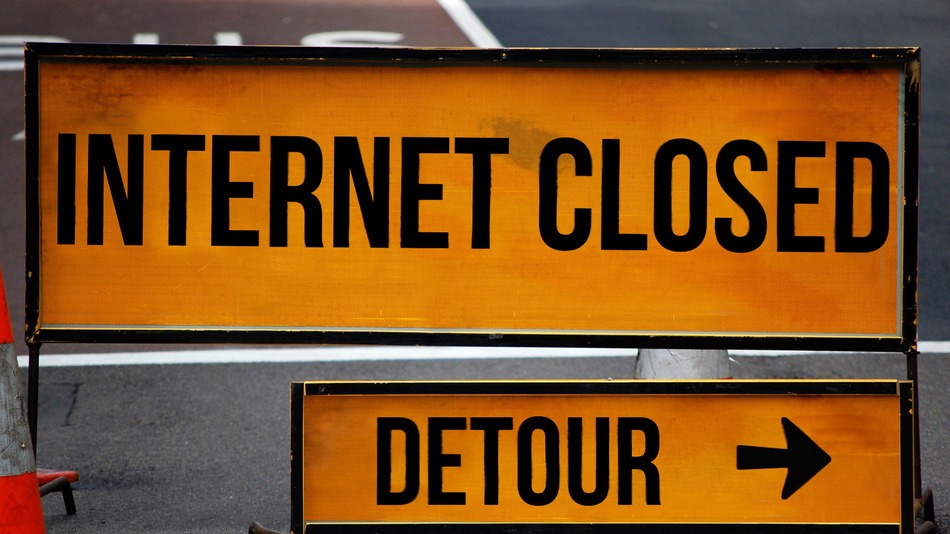
In class on Friday, one of the topics that came up was the issue of Net Neutrality. I was concerned that some of you hadn’t heard of it, or weren’t familiar with it, so I implore you to read this post and become familiar with the concept and why it is so very, very important. I originally posted this in June of last year, and I am reposting it here to bring everyone up to speed. If net neutrality isn’t passed, or if a weakened version of it is what happens, we are all in very serious trouble. It will be a serious step backwards, one from which we may never recover. It’s so important that I’m making it the first official post of the semester (even though it’s actually a re-post).
Are you familiar with Net Neutrality? If not, you should be. It’s one of the single most important technical challenges we are facing as a country, and as a global community. The Internet is under regulatory attack on two separate fronts, and no one seems to care. As crazy as we go over soccer or the Kardashians or legalizing pot, the future of the Internet just doesn’t get a lot of public attention.
But it should. Because we may be on the brink of losing the Internet as we know it.
The first issue is the handover of ICANN, the organization that controls the creation and control of web addresses, from the control of the United States. Honestly, it’s not really under the control of the United States, as other governments have a say in issues that come up, but it’s headquartered in California and it’s generally considered that we’re the final authority. It wouldn’t normally bother me that a global entity such as ICANN ends up under global control, except the countries that really fought to have it released include Russia, China, and North Korea, some of the most oppressive countries on earth when it comes to the flow of information and the right of people to voice opinions. They couched it in terms of concern over security in light of the Snowden leaks, as have other countries, however I’m of the firm belief they so desperately want this to happen so they can more heavily regulate what appears online, especially dissent.
But the much, much more immediate threat is the end of Net Neutrality. Net Neutrality essentially means all Internet traffic is treated equally, and no one’s data is more important than anyone else’s.
 However, with appointment of former cable-company lobbyist Tom Wheeler as head of the FCC, the bizarre decision by the Supreme Court to end legal requirements to maintain Net Neutrality, and the impending merger of two of the largest cable providers in the country, Net Neutrality has a fight of Biblical proportions in front of it.
However, with appointment of former cable-company lobbyist Tom Wheeler as head of the FCC, the bizarre decision by the Supreme Court to end legal requirements to maintain Net Neutrality, and the impending merger of two of the largest cable providers in the country, Net Neutrality has a fight of Biblical proportions in front of it.
If it ends, that means some services will be forced to pay for better service for their customers. For example Netflix would pay Comcast to not slow down their service, but that would mean a higher cost that Netflix would have to pass on to you. Or, if a cable company has an investment in one service, they could stifle the speed of a competitor that you are using making it unusable. As a hypothetical example, consider if Comcast was a stakeholder in Hulu. They could slow down Netflix making it generally unwatchable, while making Hulu much better, regardless of who is paying who what, in a slimy attempt to funnel more customers to Hulu. We have already seen the issue crop up. You’ll have data caps as you do with your phone’s data plan and be charged for any data that goes over, you know how your workplace may block some websites they don’t want you to see, imagine if Cox could do that! The Internet will never be the same; you will be charged more for inferior services, reduced availabilities, and be at the mercy of the providers.
However, after typing all this, rather than typing another 1000 words I am just going to let John Oliver explain it. He does an outstanding job showing charts and graphs that really illustrate the problem, and you’ll have a good chuckle along the way. Don’t miss it, it’s a very, very important issue that can – and will – end up impacting all of us.


